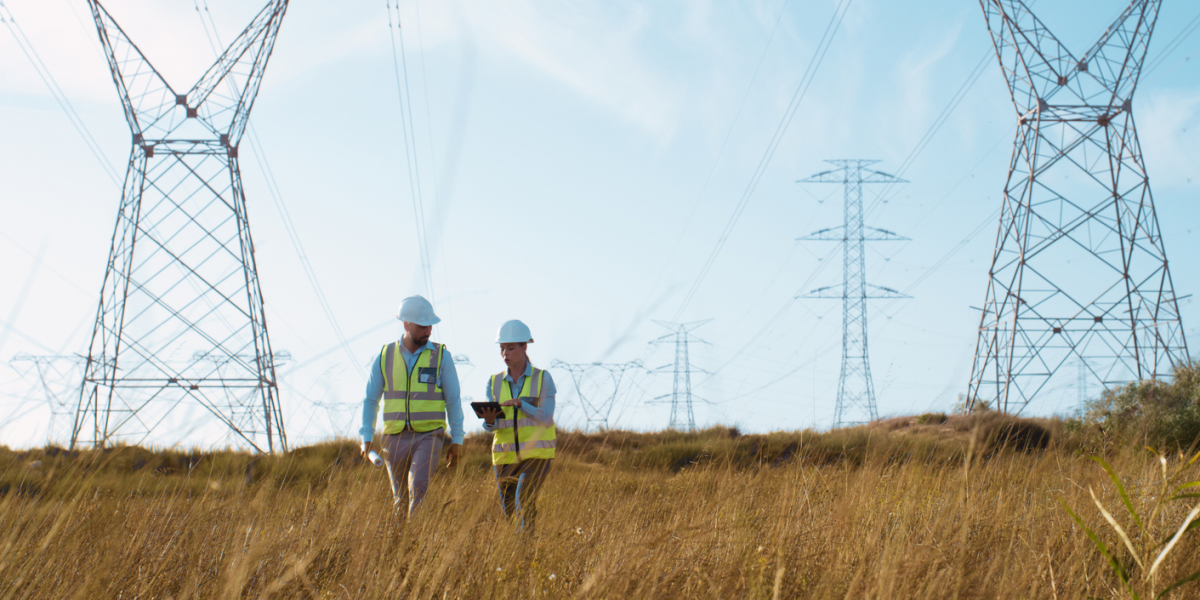
August 18, 2025
How can we speed up the construction of clean infrastructure, such as transmission lines and high-speed rail, without defaulting to deregulation or weakening critical environmental and social safeguards?
Our new research project, Agile Regulation and Permitting Reform in Canada: Strengthening Institutional Capacity for Clean and Trusted Infrastructure Delivery, focuses on one of the most pressing institutional challenges facing Canada today: how to deliver infrastructure at pace and scale in a legitimate, inclusive and trustworthy way.
This one-year Social Sciences and Humanities Research Council (SSHRC) Knowledge Synthesis Grant is part of SSHRC’s Past and Future Models of Governance stream. It’ll explore how regulatory systems can adapt to growing complexity and uncertainty, while being legitimate and making inclusive decisions.
Canada is in a high-stakes moment. From energy security to climate resilience, the push to build infrastructure of national importance faster is growing louder. But history shows that speeding things up without strengthening governance doesn’t just undermine trust—it can lead to costly delays, legal challenges and poor outcomes for people and the environment. Recent efforts to identify and fast-track “projects of national interest” are already generating legal and political tension, with critics questioning the fairness and legitimacy of early selection processes. If we treat permitting reform as a race to the finish line, we risk shooting ourselves in the foot.
Regulatory shortcuts—whether through “fast-track” approvals or outright deregulation—inevitably bypass needed review of technical, environmental and community concerns. Whether by compressing environmental reviews (TMX, Muskrat Falls), deregulating safety standards (Lac-Mégantic), or centralizing approvals at the expense of local consultation (Ontario renewables under the Green Energy & Economy Act)—the attempt to move faster produced the opposite outcome: stalled timelines, ballooning costs, legal injunctions, and, in the worst cases, environmental harm and tragic loss of life.
This research aims to move the conversation beyond streamlining. We’re asking: what kinds of regulatory governance will allow Canada to build infrastructure cleaner, faster and fairer?
Meeting this challenge is not just a matter of climate policy—it’s a matter of long-term economic competitiveness, energy security and maintaining public trust in government’s ability to invest in future prosperity. Without clearer and fairer approaches, faster permitting could repeat the same mistakes as before.
This project builds on our past work on agile regulation—an approach that emphasizes flexibility, accountability and continuous learning by regulatory institutions. Agile regulatory systems engage with affected communities, change with new information and can handle complexity rather than simplify it away. This knowledge synthesis research will offer an integrated perspective on what effective, responsive and legitimate permitting reform looks like in practice.
Over the next year, we’ll be gathering best practices, engaging with regulators and rightsholders and publishing insights for policymakers. If you’re working on permitting, planning or governance reforms—we’d love to connect.
We’re grateful to SSHRC for supporting this important work and for helping to advance a crucial national conversation at such a critical time. We believe that building clean, trusted infrastructure at pace and scale will require not just better projects, but better institutions. This research is a step toward making this possible.
Stay tuned for publications, policy briefs and stakeholder convenings as this work progresses.
Keep up to date on our latest developments by signing up for our monthly newsletter. Interested thinkers are also encouraged to reach out to Dr. Kaiser at info@smartprosperity.ca.